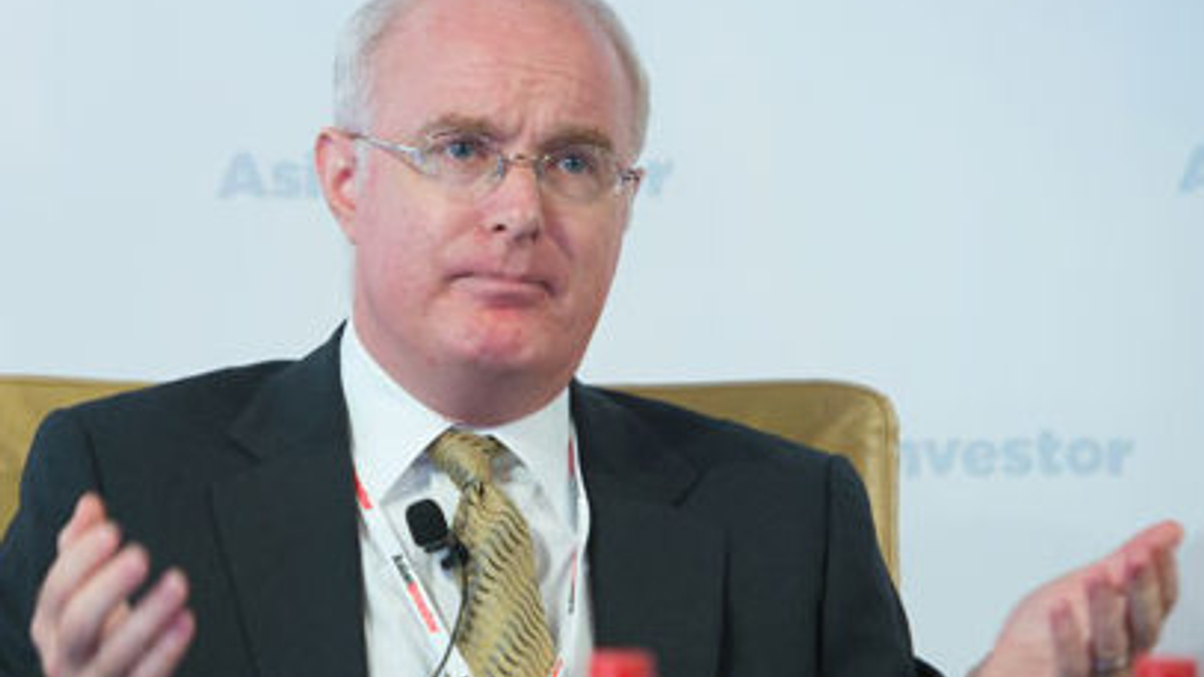AIFMD still posing problems for fund firms
Asian alternatives managers are looking at different ways of fundraising in Europe in light of continuing uncertainties under the incoming Alternative Investment Fund Managers Directive.

Asian asset managers are exploring different methods of raising capital in Europe owing to the challenges of complying with the European Union's looming Alternative Investment Fund Managers Directive.
Sign in to read on!
Registered users get 2 free articles in 30 days.
Subscribers have full unlimited access to AsianInvestor
Not signed up? New users get 2 free articles per month, plus a 7-day unlimited free trial.
¬ Haymarket Media Limited. All rights reserved.


